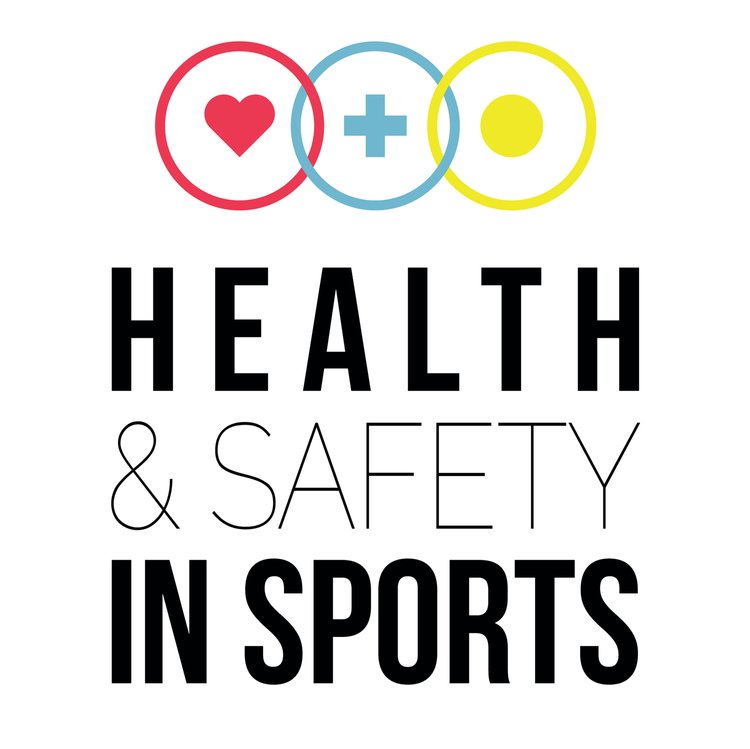PROJECT PARTNERS
· Portugal Football School, Portuguese Football Federation, Oeiras, Portugal
· Research Center in Sports Sciences, Health Sciences and Human Development, CIDESD, University Institute of Maia, Maia, Portugal
· VU University Medical Center Amsterdam, The Netherlands.
FUNDING
The study has the Portugal Football School support.
BACKGROUND
eSports (or electronic sports or virtual sports) are a worldwide phenomenon. Generally, eSports comprise a number of different videogame modalities, played competitively (at professional or recreational level) on controlled environments, with structure and regulations similar to the traditional sports (e.g. leagues, ladders and tournaments), being Virtual football an example. Over the past decade, eSports have grown exponentially and now also reaches competitively into the realm of traditional sports. The time schedules, professionalization and training needed to achieve elite positions, along with the possibility of participating in major eSports events require domain-specific skills, precision, coordination and rapid response, perceptual-cognitive abilities and ethical aptness. As the popularity and stakes raise, concerns about the health and emerging risks of eSports participation might arise, since little is known about the demands of eSports competitions and continuous training. Therefore, different areas of expertise are trying to fundament and elaborate on the topic, and the field of exercise and sports medicine is not an exception.
OBJECTIVES
In this project, we aim to develop a baseline study on the quality of sports medical care in people formally engaged with eSports. For that purpose, we will study virtual football players participating in official tournaments included in the Portuguese Football Federation (FPF) agenda, during one competitive season. We expect to provide novel scientifically-based arguments on demographic characteristics, diseases and injuries, mental health, lifestyle behaviour (i.e. substances consume, physical activity, sleep, screen time) of eSports participants. Given the exponential growth of eSports, awareness on this topic is of upmost importance, and the current project can therefore open a new field for research and professional activity in sports sciences and medicine.



